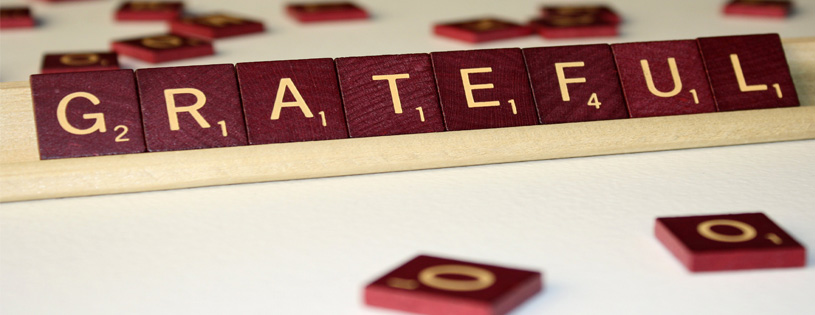It turns out that just about every thing I have needed to become a more loving, happy and compassionate person has always been available to me.
For the longest time it’s been right under my nose, calling my name, knocking on my door, laid out like a freaking buffet of knowledge and wisdom. For years I didn’t see it, didn’t heed its call, didn’t open the door, didn’t pick up the fork or drink ravenously from its cup.
Yet there I was–for more years than I care to mention–wanting, hungry, starving…
…for connection…
…for love…
…for acceptance…
…sometimes simply to be seen and appreciated.
These are some of the uncomfortable and inconvenient truths of my past:
I was wrong a lot, but could seldom admit it.
I often didn’t know what I was doing, but faked my way through it, rarely asking for help.
I got overly invested in perfectionism, which drove me–and the folks around me–crazy. Spoiler alert: Despite all the worry and the polishing it almost never made a substantive difference in the quality of my work.
I sat in judgment of others while simultaneously doing a lousy job of scrutinizing my own side of the street and taking appropriate responsibility for my shit.
I spent plenty of time regretting a past I couldn’t change or fretting about a future over which I had little or no control.
I took just about everything personally.
I seldom felt good enough.
I tolerated inappropriate behavior because I prioritized staying in a relationship over my own most important desires and my genuine need for emotional safety.
I held on to resentments, unable to discern between disappointment and frustration, and often failing to see my own role in what had transpired.
I’d push my agenda and defend my particular version of reality, rather than try to see the other person’s humanity–their own moments of struggle and brokenness–and seek to discover their version of the truth.
Much of the time I’d rather be right than be connected.
I am keenly aware that most of my struggles pale in comparison to what so many face. Regardless, this all brought me to my knees more than once.
Career opportunities gone or missed. Serious health crises. Fractured friendships. Not coming close to showing up for my family in the way they deserved. Romantic relationships that I deeply valued now strewn upon the trash heap of history.
It still hurts, because it all mattered, even if I didn’t always know how to show it.
Here are some more truths, which turn out to be rather more convenient:
In recent years, I haven’t become a more open-hearted and compassionate person because a clinical trial needed to be completed or some new breakthrough book was finally published.
I didn’t start consistently choosing love over hate, forgiveness over condemnation, accountability over blame, because a new law was passed requiring me to do so.
I didn’t have some sort of medical procedure that suddenly allowed me to realize that I am good enough just as I am.
I didn’t start surrounding myself with people that were more spiritually and values aligned with me because I moved to a new neighborhood.
The books, videos, seminars and people I have learned so much from in recent years existed long before I ran into them, sought them out or had someone point me in their direction. But I had to be ready for their lessons.
The truth is always there if we are willing to look for it.
A different path is possible if we are willing to do the work.
It’s never too late to start. And I got here as fast as I could.
When the student is ready the teacher appears.








